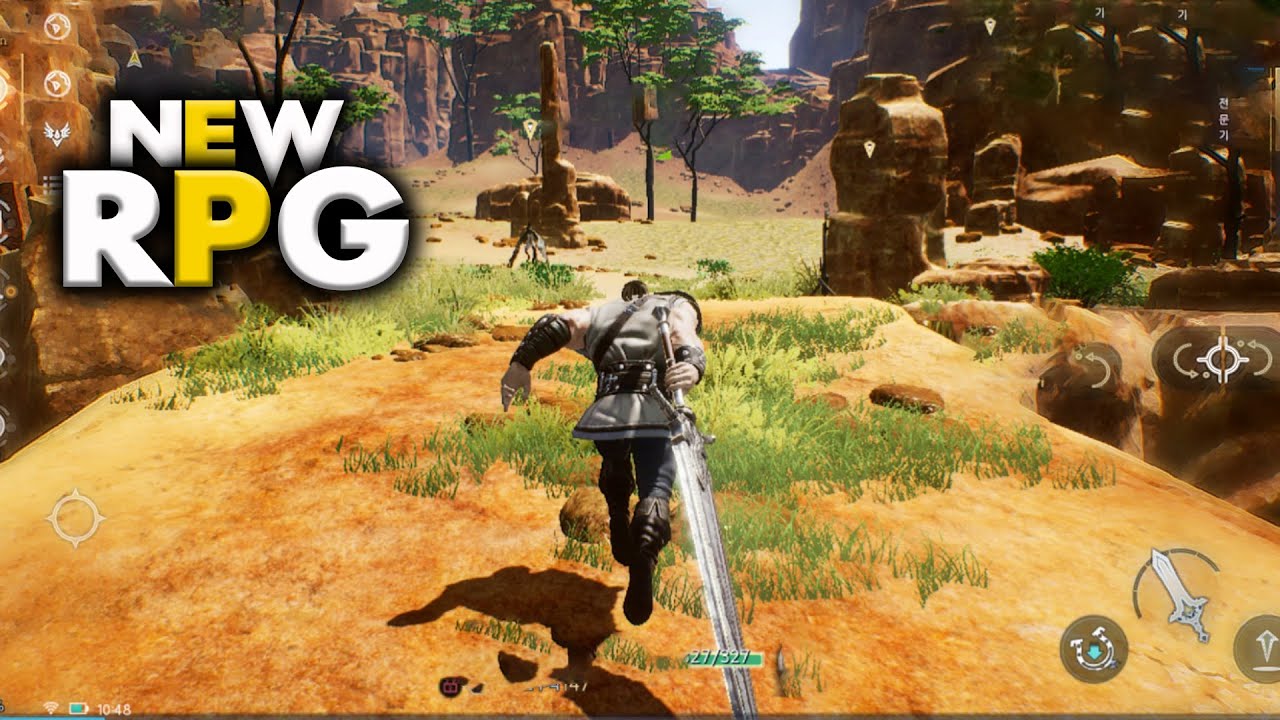- Character Customization:Players can often customize their characters’ appearance, skills, and abilities, creating unique and personalized experiences. This allows for a sense of ownership and individuality.
- Combat Systems:Combat systems vary depending on the genre, but they typically involve utilizing skills, abilities, and strategies to defeat enemies. Some games feature real-time combat, while others are turn-based.
- Progression Systems:RPGs typically feature progression systems that allow players to level up their characters, unlock new skills and abilities, and acquire powerful equipment. These systems provide a sense of accomplishment and motivate players to continue playing.
- Loot and Equipment:Players often collect loot and equipment during their adventures, which can enhance their characters’ abilities and provide a sense of reward. Loot can be obtained from battles, quests, or events.
- Quests and Storylines:Many mobile RPGs feature compelling storylines and quests that drive the narrative and provide players with goals to achieve. Quests can range from simple tasks to complex storylines with branching paths.
- Social and Guild Systems:Some mobile RPGs incorporate social and guild systems, allowing players to form teams, participate in group events, and socialize with other players. This fosters a sense of community and provides opportunities for collaboration.
Final Wrap-Up
The world of online RPG games mobile continues to evolve, offering players an ever-expanding universe of adventures. From the captivating storylines and intricate character systems to the diverse gameplay mechanics and social aspects, these games provide an immersive and engaging experience that caters to a wide range of preferences.
As technology advances and mobile devices become more powerful, we can expect even more innovative and captivating mobile RPGs to emerge, further solidifying their place as a dominant force in the gaming landscape.




